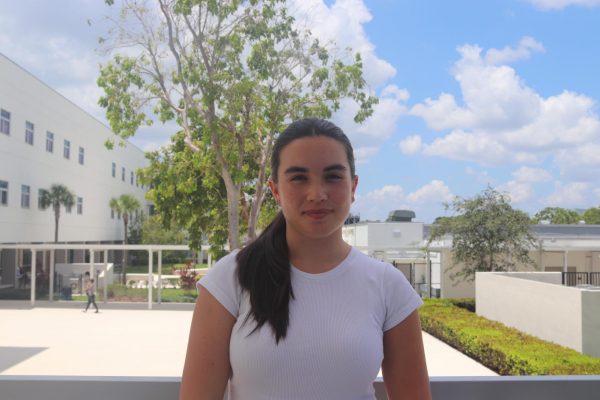Freedom in Sight for Miami Seaquarium Orca
April 11, 2023
For the past 50 years, Lolita the killer whale has been the star attraction at the Miami Seaquarium in Florida. Last year, after performing for decades and falling ill, the Seaquarium reported that Lolita would no longer perform in shows under an agreement with federal regulators. On March 30, the Dolphin Company— which owns the Seaquarium — and Miami-Dade County officials announced that Lolita will leave captivity and return to the ocean.
At about four years old, Lolita — otherwise known as Tokitae — was captured in 1970 in Washington State’s Puget Sound, a large inland saltwater estuary connected to the Pacific Ocean. For the next five decades, Lolita performed shows where she would display colossal leaps and belly flops for her audiences. The seaquarium gave the impression as though Lolita was content with her life, although she was living in an 80 ft by 35 ft tank.
Today, Lolita is 57 years old and weighs over 5,000 pounds. For years, animal rights and welfare activists have lobbied for her release. The aquarium announced that it will begin the process of Lolita’s relocation to her natural habitat in the next two years, funded by Indianapolis Colts National Football League team owner, Jim Irsay.
“I do think orcas should not be held captive; however, they need to be careful and not just immediately put the ones that have been held in captivity their entire life immediately into the wild,” Miami Palmetto Senior High Biology Honors teacher Nicole Swanson said. “This shock could kill them. The transition should be a gradual process and have people monitor how well the orca is transitioning.”
For the first ten years of her time at the Miami Seaquarium, Lolita performed alongside another killer whale named Hugo. Since Hugo’s passing in 1980, Lolita has not socialized with another orca. Her severe lack of social interaction, coupled with what critics describe as a dangerously small enclosure for a 20-foot-long animal, has made Lolita a highly debated topic in the animal rights world.
“Like humans, orcas are highly interactive mammals. If they are held in enclosures that are too small and isolated, that will impact their overall cognitive development,” Swanson said.
The aquarium plans to transport Lolita by plane to an ocean sanctuary between Washington and Canada, where she will be taught to hunt by trainers and veterinarians. Orcas swim about 100 miles per day, so she must also build up her muscles before she is able to swim in the open ocean.










